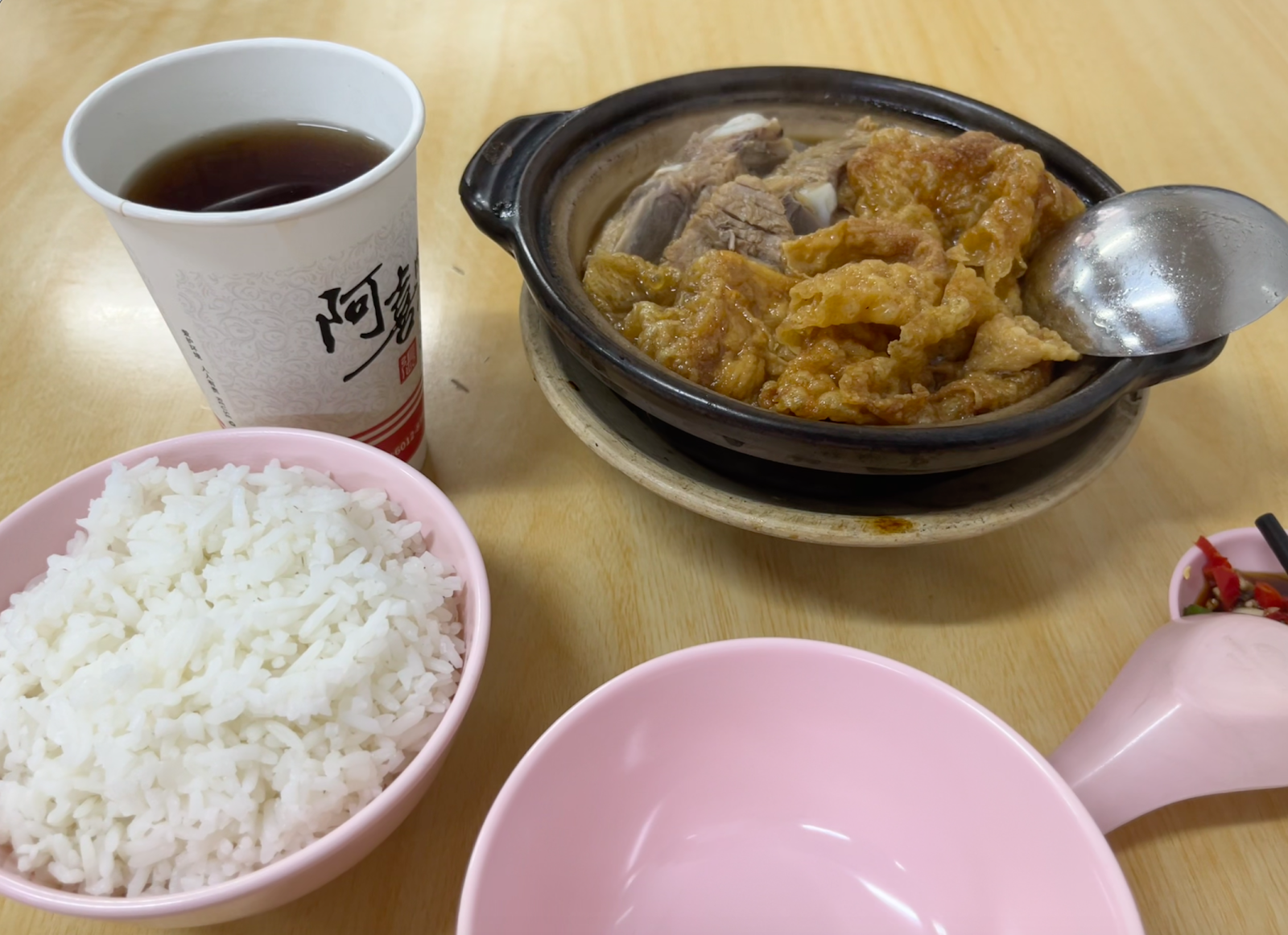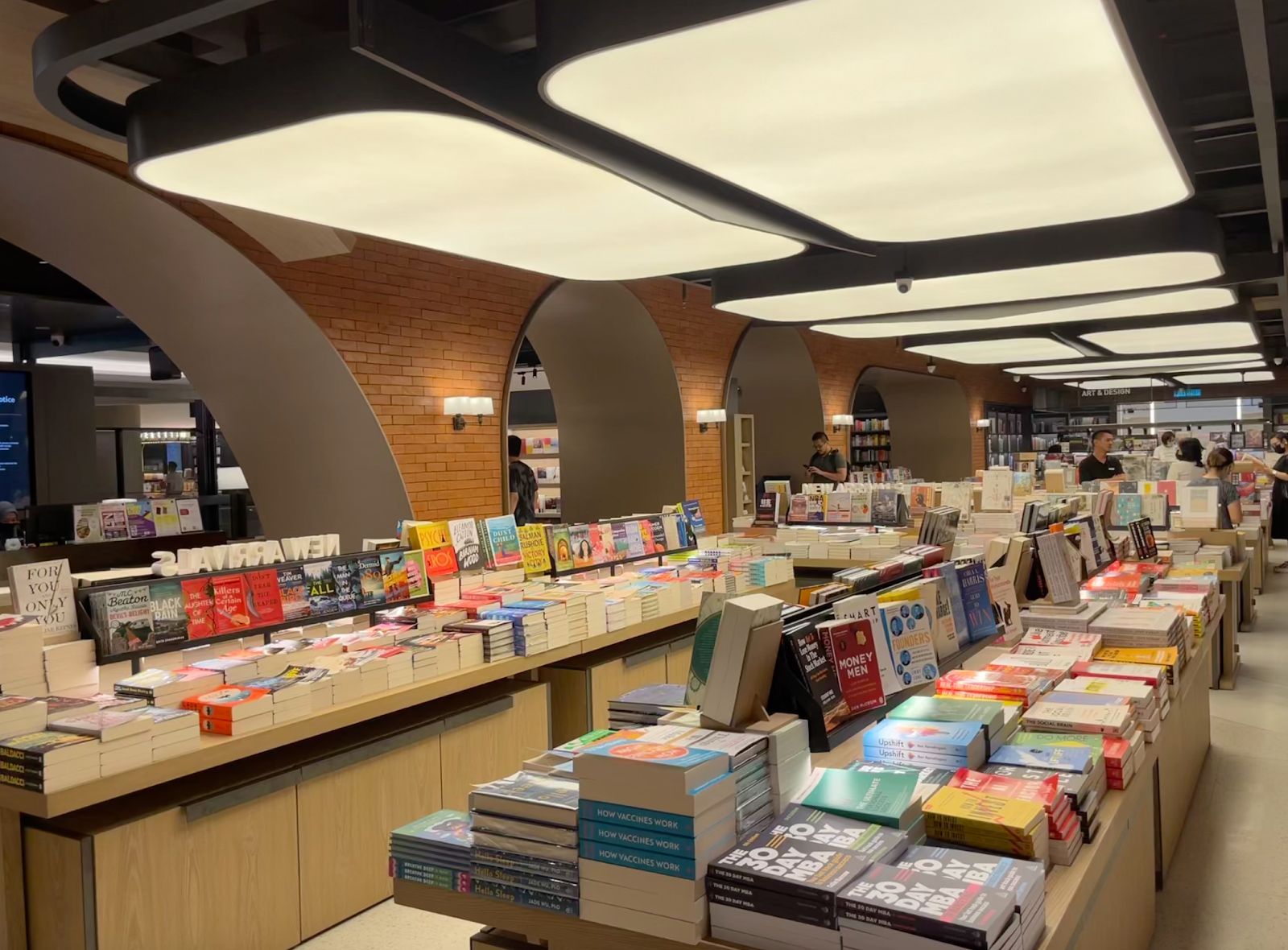I went on a business trip to KL for a travel conference. It would be good to relook into the user journey as a business traveller, which might help fine-tune our travel-tech product.
As a business traveller, there are fewer "must-do" tasks in the itinerary. The event is pre-defined.
1. Speak at the conference on the topic ChatGPT on the 7th of June: 3:20-3:40.
2. A fireside chat with another Speaker on Innovation on the 8th of June: 2:20 - 4:00.
Pre-trip planning:
1. Accommodation.
As the event venue is very convenient in the city centre, there are a lot of accommodations to choose from. As long as there are rooms available, and it is within the business budget, it should be fine. In the past, I used to book from aggregators, such as trip.com/agoda. But after I understand how the hotel membership works, I choose to book directly from the IHG app as a member. It provides good rates, as well as member points.
There could be little changes to the dates to stay, so accommodation was the first item to get booked. Three nights were confirmed, for the 6th/7th/8th.
2. Fly Ticket booking.
There are lots of aggregators(OTAs) who are very competitive in Fly Ticket booking. The major consideration is the timing. While as a businessman, we try to save every half day for more work to get done. My plan was then to fly in the afternoon of the 6th and come back in the morning on the 9th.
As KL is quite near to Singapore and the air tickets are not that expensive. I prefer to pick a better timing and better airline for a more comfortable trip.
It was firstly the trip.com app which I used for comparison. And the end of the day, I used the official app from SIA to make the booking. Indeed trip.com was slightly cheaper after a special discount, but I still picked SIA official app, with the perception that the official app might have a better policy in terms of refund or change dates.
It was not confirmed until about 3 days before departure, which is still manageable. For short trips, I foresee the trend will be that people tend to book the flight a bit later, while in the past or under certain conditions, flight ticket booking is usually a more prioritised step.
3. Meeting event.
I planned a business meeting on the morning of 8th June with a local telco company that used to work with us to come up with a pitching deck for a potential resort in Malaysia.
On-site experiences:
I did not plan much before the trip. However, I still looked for inspiration on Google Maps and other social networks. I deliberately used Google Trips to plan my itinerary, which was a digital product get shut down by Google years back but it became live again as part of Google Maps.
The major functionality is to save the desired places and see them on the map. It works on both web and apps.
Navigating around the city is easy. Grab is widely available, and Google Maps works fine in the city centre.
Digital payment is also convenient, with PayWave available. Before the trip, I deliberately downloaded TouchNGo, which is also widely accepted in Malaysia. I did not take any cash before going to Malaysia, and thanks to the Trust digital bank card, I withdrew the cash easily at a good rate.
The meeting went pretty smoothly, and it was well received. I was a bit nervous at the opening, but the remaining works fine. The second day was a fireside chat with a partner, which also went pretty well. Visited the booths and took quite a number of name cards.
The two most wanted places to visit, are the twin tower and the new Merdeka 118. The Twin Tower is near the convention centre, so I visited it after the meeting. It was pretty nicely designed and maintained. The Merdeka 118 was near to my second meeting, and I took a picture of it and that's more than enough.
The most challenging task would be to find a restaurant to eat in a foreign place.
First night: The first night was quite late, thus I just found a restaurant near the hotel to take a quick bite. Then visited FamilyMart, which is also nearby.
The next day, after discovering that the hotel breakfast was pretty bad, I took a quick grocery shopping at a supermarket nearby. And took a brunch at Mcdonald's. In the evening I feel in a mood to take BBQ. After searching for BBQ restaurants nearby, I discovered a few. However, end of the day, I did not pick these BBQ restaurants, but a nearby restaurant which I encounter on Google Maps while walking which looks quite nice.
Last day. I visited a local Bak Kut Teh shop for breakfast, which tastes quite nice. Then travel to the meeting spot at a Starbucks. Lunch was simple, KFC, as I heard that KFC in Malaysia is juicier than that in Singapore. In the evening I asked the other speaker if he is planning to have dinner together. It was a difficult decision. End of the day. he suggested a place named, "Lot 10 Hutong" which is near Pavilion, a premium shopping district in KLCC.
Extra surprise. A Taiwanese bookshop was recently opened near the premium shopping district. Took a visit and it looks quite nice.
After visit:
Not much. I collected lots of brochures and bought some stationaries from the same meeting venue. One team member shared that the pastry was nice, and I booked the pastry online and get it delivered to the hotel.
Spent a whole evening sending out follow-up emails to those name cards collected, and wrote this blog for general recording.
Extra finding:
The following conversation could possibly be used as a prompt for ChatGPT to provide certain answers.












Comments
Post a Comment